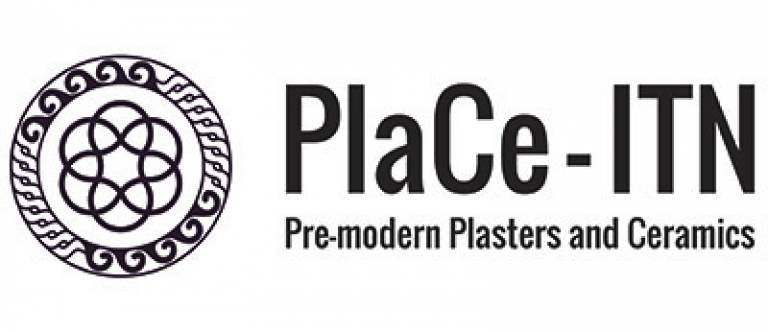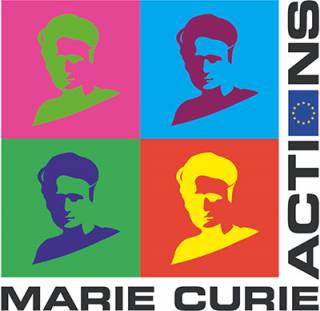Marie Sklodowska-Curie Early Stage Researcher posts available
16 April 2021
The UCL Institute of Archaeology is looking to appoint two Early Stage Researchers as part of the Marie Sklodowska-Curie Innovative Training Networks (ITN) project PLACE (Ref.:1875881). The deadline for applications is 14 May 2021.

These posts are two of the 15 PhD positions being offered at 7 different European Higher Educational Institutions as part of the Marie Sklodowska-Curie Innovative Training Networks (ITN) project Training the next generation of archaeological scientists: Interdisciplinary studies of pre-modern Plasters and Ceramics from the eastern Mediterranean (PlaCe).
The high-profile PlaCe network, co-ordinated by the Cyprus Institute, includes University College London, the University of Cyprus, Demokritos National Centre for Scientific Research, the British School at Athens, the University of Cambridge, Katholieke Universiteit Leuven and the Czech Academy of Sciences.
The successful candidates will be based in the UCL Institute of Archaeology and undertake either:
- ESR06: Early Ceramic Technologies and Traditions in the Edom Lowlands Region of Southern Jordan: A Diachronic Perspective - to document the traditions of of ceramic manufacture and use at several previously excavated settlement sites dating from the Pottery Neolithic (7th millennium BCE) to Medieval Islamic times (9-13th century CE) from sites in the Edom Lowlands region of southern Jordan.
- ESR07: Ceramic and Plaster Technologies and Traditions at Neolithic Makri, Thrace, Greece - to document the local traditions of ceramic and plaster manufacture and use at a single large well-polished occupation site in a poorly studied corner of the Aegean, assessing of the relative influences from neighboring Anatolia and the Balkans.
The successful candidates will primarily be supervised by Patrick Quinn, Principal Research Fellow in Ceramic Petrography at the Institute of Archaeology. In addition to benefiting from an exciting training programme delivered by the various network partners, the candidates will undertake a secondment at the Fitch Laboratory of the British School at Athens (ESR06) or the Demokritos National Centre for Scientific Research (ESR07).
The positions are available from September 2021, funded for up to 36 months.
At the time the appointment is made, in order to qualify as a Marie Sklodowska-Curie Action Trainee (EU Early Stage Researcher), candidates must have under four years (full-time equivalent) research experience and not yet have been awarded a doctoral degree. This is measured from the date when they obtained the Master's degree which would formally entitle them to embark on a doctorate.
Candidates must not have resided or carried out their main activity (work, studies, etc) in the UK for more than 12 months in the 3 years immediately before the recruitment date. Short stays, such as holidays, are not taken into account. Candidates must hold a Master's degree with an overall grade of 70% or better, with at least 70% for the dissertation, in archaeological science, conservation, materials science or a related discipline.
Experience in the study of ancient ceramics is desirable, particularly their analysis using scientific techniques.

Further information
- Further details of the posts are available on the UCL website
- Enquiries about the studentships may be directed to Patrick Quinn.
- Enquiries about the application process may be directed to the Institute's Research Student Administrator, Lisa Daniel.
 Close
Close

